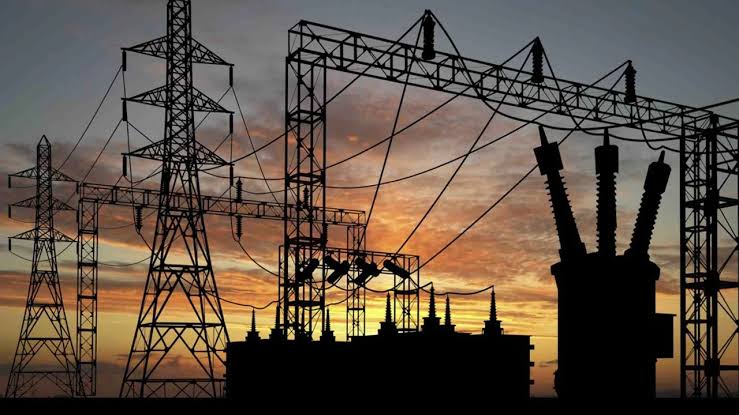Balkis Adeniji
The Federal Government spent a staggering N536.4 billion on electricity subsidies in the first quarter of 2025, according to a newly released report by the Nigerian Electricity Regulatory Commission (NERC).
The commission attributed the ballooning subsidy bill to the absence of cost-reflective tariffs across all electricity distribution companies (DisCos) in the country.
This gap between actual generation costs and regulated consumer tariffs has left the government footing a significant portion of the energy bill.
According to NERC’s Q1 2025 report, the subsidy accounted for 59.16 percent of the total invoice issued by the Nigerian Bulk Electricity Trading (NBET) to DisCos, marking a N64.7 billion increase from the N471.69 billion recorded in Q4 2024.
“The increase in the subsidy obligation of the Federal Government is a result of its policy to freeze allowed tariffs paid by customers despite the increase in the cost-reflective tariffs across the quarters,” the report stated.
The subsidy is applied to the generation cost payable by DisCos to NBET through what is termed the DisCo’s Remittance Obligation (DRO) — the portion of the invoice that is expected to be covered by what consumers are actually allowed to pay.
The report revealed that while the DRO-adjusted invoice to DisCos in Q1 2025 was N370.36 billion, total remittances stood at N354.77 billion, indicating a 95.79% remittance performance. This shows an improvement over the 93.26% performance in Q4 2024.
NERC attributed the better remittance performance to an 8.59% increase in revenue collections by DisCos in Q1 2025, compared to the previous quarter.
Disaggregated data showed that seven DisCos — Benin, Eko, Ibadan, Ikeja, Kano, Port Harcourt and Yola — achieved 100% remittance to NBET. Abuja (98.43%) and Enugu (99.27%) also posted strong performances, each exceeding 90%.
However, Kaduna DisCo ranked lowest with a dismal 37.77% remittance, while Jos DisCo also recorded a decline in remittance performance, dropping by 10.09 percentage points from the previous quarter.
Despite the marginal improvements in remittance and revenue collection, analysts say the sector’s financial sustainability remains fragile. Without the introduction of full cost-reflective tariffs or a viable subsidy reform, the federal government will continue to bear the brunt of electricity supply shortfalls.
Efforts to reform the power sector have faced stiff resistance from labour unions and consumer rights groups, who argue that poor service delivery and erratic power supply do not justify tariff hikes.
Do you want to share a story with us? Do you want to advertise with us? Do you need publicity for a product, service, or event? Contact us on WhatsApp +2348183319097 Email: platformtimes@gmail.com
We are committed to impactful investigative journalism for human interest and social justice. Your donation will help us tell more stories. Kindly donate any amount HERE




